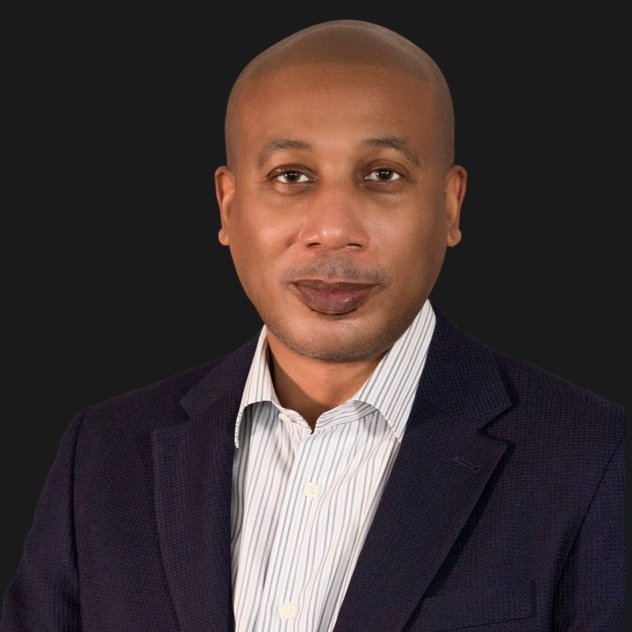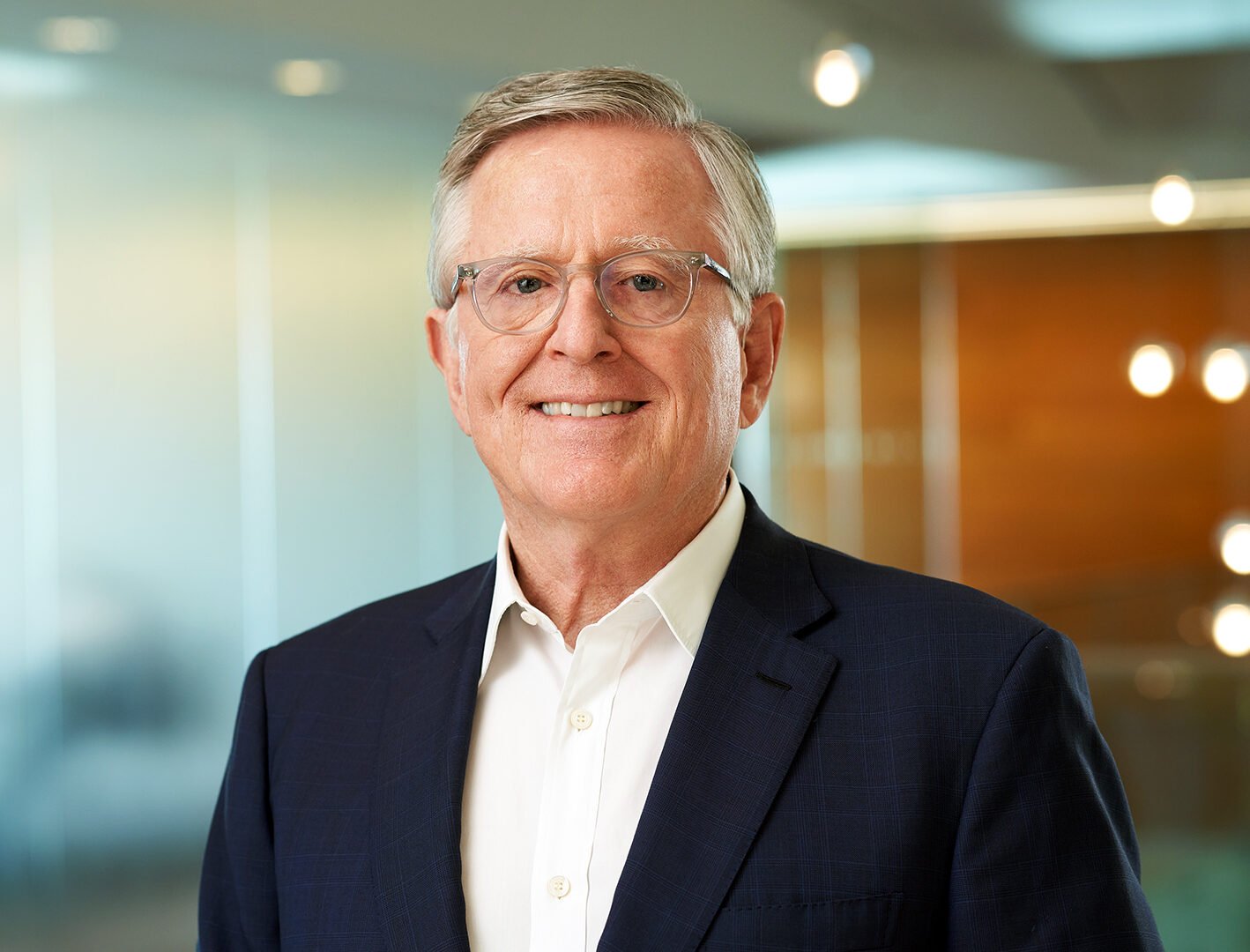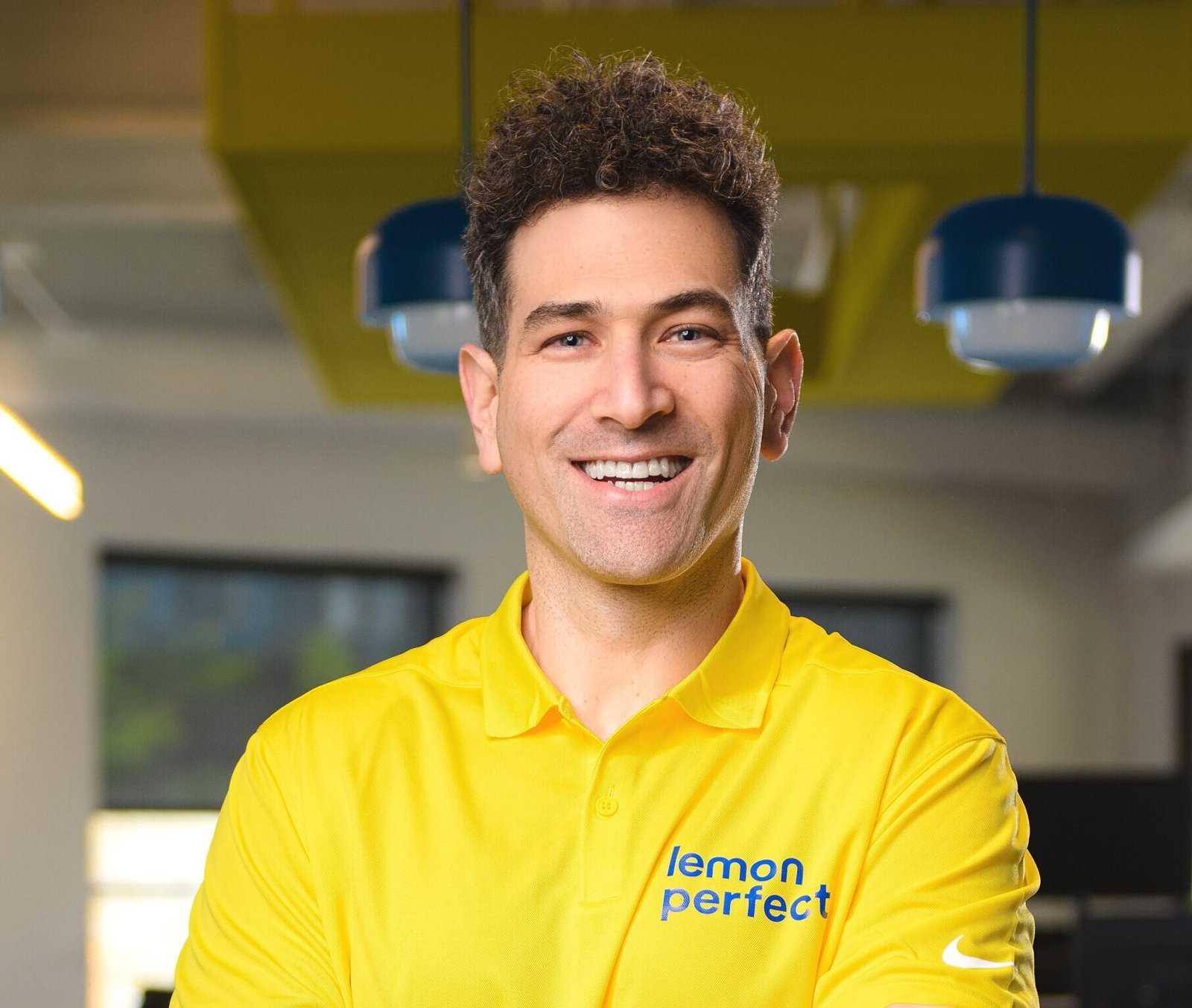I recently went one on one with Imani Kaliid. Imani is the author of the new book There Was Violence and is the president of the InVia Foundation.
Adam: Thanks again for taking the time to share your advice. First things first, though, I am sure readers would love to learn more about you. How did you get here? What experiences, failures, setbacks or challenges have been most instrumental to your growth?
Imani: The way I got here was a long, winding road so to speak.
I’ve previously spoke of one significant, life changing moment, but it’s now dawning on me that there were two major moments that happened within a two year span. More on that in a bit.
My backstory is that I’m a native of South Central Los Angeles. While growing up throughout the 1970s and 80’s, I came from a loving, two parent family of six. Unfortunately our home life was occasionally disrupted by domestic violence.
While growing up, I would quickly learn that there was similar disruption in our ethnically mixed neighborhood through street crime, narcotics and alcohol abuse.
As a small child, my older sister characterized mine as being measured and observant while maintaining a growing sense of threat assessment. With age, I eventually learned that part of inner city survival was not only about learning street politics, but figuring out what your high card was. If you were fortunate with that discovery, you could then leverage that attribute to keep yourself safe and find a path to a better life.
Approaching my teens, I was an awkwardly tall, thin youngster with low self esteem. By and large, I felt invisible, unattractive and rudderless. I wouldn’t say I made any major mistakes as a younger man, but of course, I made age-appropriate missteps – secretly drinking alcohol, petty vandalism, etc.
Growing up in a strict household nestled in this violent neighborhood, I knew early on it was in my best interest to not make waves. The wrong decision could bring a serious beatdown or in extreme cases, death – a reality that became clear in my early teens as some of my peers were murdered. I wanted no part of either so, I kept a very low profile.
In hindsight, I wonder if these challenging times impacted my development of reaching my potential or if they were actually motivating factors to excel beyond my environment. Having said that, I can definitely say that the game of basketball was an enormous godsend. It was an enormous adrenaline shot that lifted me out of a profound state of despair and gloom that was omnipresent. Athletics was a tried and true path where young men could be transported into a safer, more stable environment of college life.
I’m happy to say that my parent’s support of my athletic ambitions along with the mentorship of African American men (educators, coaches, neighbors) was huge. The fact that these men took an interest in my development as a young man and ushered me along the way was uplifting. Were that not the case, I have no idea how I would have come out of that.
Playing high school basketball year round helped develop discipline, accountability, structure and a much needed boost to my low self esteem. I would later earn an athletic scholarship at the collegiate level, graduate and after a few years of stumbling through different jobs, I found stability and belonging in the corporate sector of entertainment.
Around a decade later, my mother had succumbed to colon cancer and that was an incredibly painful threshold to cross – her being my last surviving parent. I was this childless and divorced man that wondered, “What person will I ever love that profoundly again?”.
After grief counseling, I began revisiting my position on parenthood and wondering if I should reconsider my stance on marriage, relocating abroad and other life choices. Mind you, this was about a two year phase of recalibrating myself.
Sometime in 2015, I began experiencing this dreaded feeling of corporate déjà vu. I was fortunate to learn and enhance my skills in the areas of business affairs, digital interactivity and supply chain, but there was a monotonous thread of familiarity to all of it. What followed was me feeding an incredible thirst for knowledge.
Next, I dove into technical studies in coding, mobile app development, cloud computing and other areas that escape my memory. This all crested when I read an article in my Apple newsfeed when I read that the German government was encouraging international students to attend their university system and potentially enter their workforce afterwards. I was excited in that I love international travel and thought something like this could be a much needed adrenaline shot and redirection. I settled on enrolling in a Master’s program in Spain that upcoming fall with a business degree degree in Competitiveness and Innovation, until i faced another pivotal moment.
Just three months shy of my departure for northern Spain, I encountered what I describe in my book, “There Was Violence” a close call of a street encounter. In short, I misinterpreted the body language of another gentleman in the parking lot as someone that was intending to cause me serious physical harm. The framing of this moment had all of the characteristics and timing of so many street altercations I had back in South Central L.A. along with others I saw develop into bloody battles of the past. I was wrong.
This moment was a significant tipping point of a problem that stood in plain sight – violent trauma. More than forty years of domestic and street violence had reached a big enough crescendo that it finally stood before me in figurative neon lights.
After chronicling my life’s most significant and transformative trauma’s over the next two months, I had inadvertently composed a ninety-thousand document that would later be published as this gritty, memoir-styled novel exploring my past.
Adam: What do you hope readers take away from your new book?
Imani: Storytelling always boils down to the motivation for me. Should a story be told for entertainment, inspiration, money?
This motivation of publishing this book wasn’t about selling units and hitting my bottom line. Instead, the incentive was more about writing an authentic, captivating story with the purpose of adding days onto people’s lives.
My why as I like to put it, is that I need victims of violence to know in the strongest terms that they are not alone and that if they are traumatized, its likely that it’s not their fault nor did they deserve what happened.
Secondly, and this is huge, there is absolutely a path from trauma to recovery so we have to be flexible in our thinking and accommodating of the unknown. No matter how discouraged you may feel, I’m living proof that the concepts of healing and recovery aren’t abstract terms hat offer false hope. The happiness and peace that follow recovery is possible.
Next, exploring your own past, whether its trauma, missed opportunities, failed relationships, etc. will probably be an uncomfortable exercise as this was for me. Yes, going into full detective mode after writing upwards of fifteen drafts of this book was not a fun exercise. However, we shouldn’t falsely equate discomfort for something being “wrong”. In my opinion, getting to know ourselves more intimately is a precursor to rebirth and realignment that can position you for higher levels of success and happiness. What should excite people more than anything else is what that unknown happiness looks like.
Adam: What are the best leadership lessons you have learned from leading a non-profit organization?
Imani: My organization is still fairly young, but I’d say right off that approaching your mission with a solid base of empathy is a great start. Empathy has become another common buzzword, but the reality is that having a vested interest in the segment of individuals you’re serving. There are elements to building and maintaining that aren’t necessarily fun and sexy. What pulls me forward is the full image of tools and services I envision for these people.
I also encourage people to approach uncertainty with youthful optimism. It’s no good to figuratively strike out with the bat on your shoulders in this game. Take some swings at opportunity and new things. If you miss, so what? Failing to the top is a huge ingredient in developing instincts and finding more direct paths to success.
Lastly, and I’ve given this advice in other conversations – keep your feet moving. Stay active. It doesn’t pay to overcommit to a series of milestones towards achieving goals. Just get figuratively moving and improvise as you go. This is part of what trusting the process looks like.
Adam: What are your best tips for fellow leaders of non-profit organizations?
Imani: My gut tells me that cross-collaboration may be an undervalued engagement. Again, my organization is young, but when you’re talking about developing the strength of various clusters of organizations in various sectors, my feeling is that sharing information, networking, technology, etc. ends up serving the individual. Privacy has its place, but approaching your business from a scarcity mindset doesn’t seem productive.
Adam: In your experience, what are the defining qualities of an effective leader? How can leaders and aspiring leaders take their leadership skills to the next level?
Imani: One of the defining qualities is authenticity. I say that while keeping in mind that there are different types of leaders on the spectrum. Nobody needs to shoehorn themself into being a certain “type” of leader. It lands poorly with colleagues and partners. Far too often I’ve seen those in positions of power and authority fail at this and it engenders a lack of confidence and respect among others. We need to know what we don’t know and at all times, be honest in our actions, communications and expectations. One of the pleasant surprises I’ve experienced is by those who have matched my enthusiasm and have been generous in sharing resources and time. That has been a huge indicator that I’m on the right track.
Grit is another very big one especially in the nonprofit space. Again, your focus may not be very glamorous so, you need to have a resilient quality about yourself as the face of your organization. If the enduring quality is absent in you as the leader, why would you expect your cause to survive?
Adam: What are your three best tips applicable to entrepreneurs, executives and civic leaders?
Imani: My best tips are 1) Prioritize humanity 2) welcome feedback and 3) focus on service. Here’s my reasoning:
There’s no doubt that we’re becoming more intertwined with our devices, social media and being hyper focused on data. I get it, but we must remember that the individuals in the labor force executing workflows for the end users and clients are human beings. We need to be more mindful that in these cases, we’re dealing with actual people. We can’t afford to reduce individuals to just being cogs in some figurative machine or potential sales in the marketplace.
In the corporate sector, I’ve worked with people who’ve felt marginalized and pushed to their breaking point based on the way senior management may have made them feel disposable.
As a consumer, I’ve withdrawn my business from some companies when I’ve felt that I only represented a dollar.
This may land as corny or goofy to some, but it is such an important area of focus we need to get right and sustain.
I often package feedback and service together. I like the approach of developing service based on consumer or “user” need. This is often not a static fixture as the needs of people often change. As these needs change, services need to be on par with those changes. This needs to come from a place of honesty though. As a leader, you need to want to hear about people’s desires and experiences then courageously shape your offerings around them.
Adam: What is the single best piece of advice you have ever received?
Imani: “Play to win. Don’t play not to lose.”. This is what my high school basketball coach Sam Sullivan once said to us during a game in which our very large lead began to diminish. Our confidence was eroding as the opposition was clawing their way back into the game. Essentially, we were trying to preserve this cushion without mirroring the level of risk and effort we initially leveraged to produce the lead we once had.
This single piece of advice has powered me through a lot of trying times and has left me with minimal regrets. Generally speaking, this is my approach to almost every aspect of life – romance, career, curiosities, entrepreneurship, etc. It’s not to say that we won’t “lose” at certain endeavors or relationships. I happen to believe that to truly achieve results and success, we must accompany our actions with the spirit and mindset of conquering figurative battles and wars.
To put a fine point on that, the mindset of playing “not to lose” is one in which you may be holding back critically needed actions and attitude for achievement.
Adam: What should everyone do to pay it forward?
Imani: Dedicate yourself to service based on where your talents and resources are. Call me a flower child, but I resent selfish and miserly mindsets. The truth is that the absence of mentoring, apprenticeships and even cross-collaboration have negative implications.
The U.S. is not the great country as people would like to think. This isn’t me talking out of the side of my neck either. Check the World Health Organization, World Bank or OCED websites to see where we stand in comparison to other developed nations. Sure, we’re great in a lot of ways, but when you look at education, prosperity, healthcare, life expectancy, etc., we are not number one in those areas.
This is why I’m a huge advocate of solid programs and business practices that carry impact and close huge gaps of inequality. Society isn’t some self-cleaning oven where disparities will magically correct themself.
I once read The Book of Five Rings by Miyamoto Musashi. One of the takeaways for me was the importance of understanding what it means to live both on the bottom and the top rungs of life so to speak. With that in mind, I have both mentored and referred younger folks to others who can help follow their professional curiosities.
In the workplace, I’ve approached helping and advocating for coworkers with genuine empathy. I move in this way because as a person of color, I know how it feels to be shut out of opportunity and judged by harsher terms than normal.
What I’d recommend for individuals and organizations is to figure out what resources or bandwidth you have to share then make it a regular occurrence. I’m not just talking about empty gestures for photo ops or social media self-praise. I’m talking about real impact – mentorship, job referrals, training, shadowing, Q&A’s over lunch, etc.









